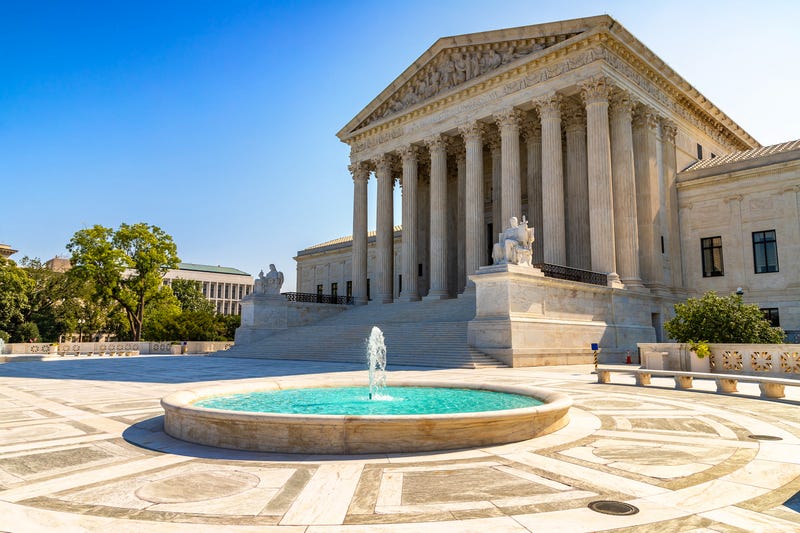
It was a blockbuster headline when it hit newsstands and electronic devices last May 2: The U.S. Supreme Court was set to overturn the 49-year precedent set by Roe v. Wade, according to Politico.
But whether that decision was the right one or not, one thing is certain.
It wasn’t supposed to be made public for almost two more months.
Somehow, Politico had gotten its hands on a draft of Justice Samuel Alito’s opinion 53 days before its eventual official release on June 24.
And after an eight=month investigation into just how that opinion reached a media outlet so prematurely, the leaker is no closer to being outed than they were last spring.
The Supreme Court has long leaned on honoring a code of confidentiality during the process leading up to the formal release of a decision and the opinions, both supporting and dissenting, that go along with them.
A leak the magnitude of the one in Dobbs v. Jackson Women’s Health Organization, the case that resulted in the revoking of federal abortion rights first affirmed in the landmark Roe v. Wade case of 1973, had simply never happened.
In a 20-page report, the investigation conducted by SCOTUS Chief Security Officer Gail Curley reveals that 82 court employees had access to the Alito opinion but that there was not nearly enough evidence to zero in on any of them, and all 82 denied having been the one to make the opinion public early.
The investigation also deemed that a computer hack from an outside source would have been “unlikely.”
What is not clear is whether investigators even attempted to interview the biggest fish in the proverbial pond: the nine justices themselves.
While the report says that 100 court employees were interviewed, including all 82 non-justices who had access to the opinion, it did not specifically say if any investigation was attempted or even allowed into the nine men and women who sit on the highest court in the land - leaving room, at least for now, for the conspiracy theory-inclined to continue to speculate whether this inside job went all the way to the top.
However, in a later addendum, Curley revealed that the justices were spoken to, "several on multiple occasions." The justices "actively cooperated," Curley added, and in the end neither they nor their spouses were implicated.
"On this basis I did not believe that it was necessary to ask the justices to sign sworn affidavits," Curley added.

